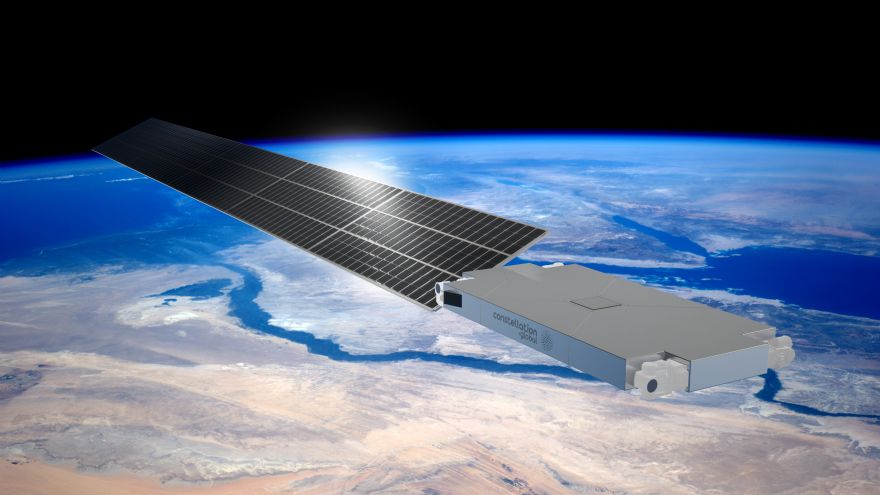
A European provider of space-based connectivity services,
Univity — formerly Constellation Technologies & Operations — has signed the
Zero Debris Charter. This is a non-binding EU framework that sets out ‘shared principles and measurable targets’ for achieving ‘Zero Debris’ by 2030 and sees Univity ‘building a shared, neutral, and fully independent space infrastructure that enables telecom operators worldwide to deploy high-speed low-latency internet access from space, in complement to terrestrial networks’.
Operating in ‘very-low-Earth orbit’ (VLEO), Univity’s constellation significantly reduces the risk of generating space debris and limits light pollution. The company says that as space becomes an increasingly strategic global domain and satellite proliferation threatens its long-term sustainability, its signature of the charter “is a clear endorsement of a shared vision — to make Europe a responsible, competitive, and sustainable space power.”
The
European Space Agency (ESA) says that there are now 40,000 objects larger than 10cm and around 1.2 million smaller fragments orbiting Earth at speeds of nearly 28,000km/h, and that the sharp increase in space debris threatens ‘satellite safety, future mission viability, and, more broadly, the free and open access to space — a critical resource for telecommunications, defence, Earth observation, and scientific research’.
Debris accumulationIndeed, ESA says multiple studies show that without urgent action, debris accumulation could double over the next 50 years, which is why it has decided to raise awareness and support the global space community in co-developing a collective framework for debris mitigation and is acting as a facilitator, ensuring an open and collaborative process where all organisations can participate equally with a sense of shared ownership. As of June 2025, the charter had been signed by 180 organisations, including 20 states.
Charles Delfieux, Univity’s CEO and founder, said: “Signing this charter reaffirms our commitment to a shared vision — a competitive but also responsible European sovereignty. Univity proves it is possible to deploy an ambitious constellation and aim for technological excellence without compromising the long-term sustainability of space. Space is the next frontier for telecom, and we must explore it with boldness, responsibility, and awareness.”
Quentin Verspieren, ESA’s space safety programme coordination lead, concluded: “The Zero Debris community keeps growing, and it is wonderful to see Univity’s strong commitment to advancing towards Zero Debris objectives, developed by the global space community in an open and collaborative way.”